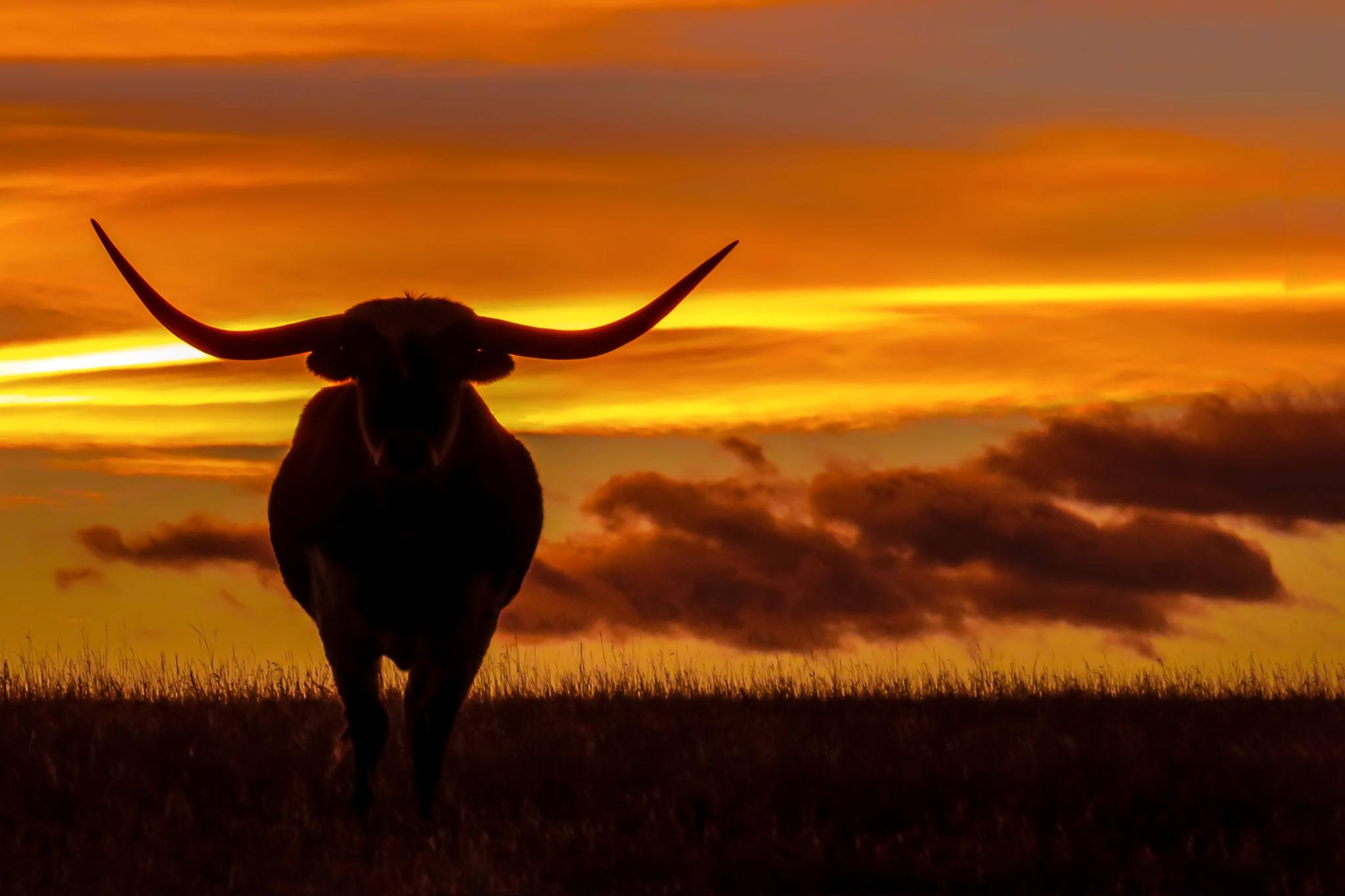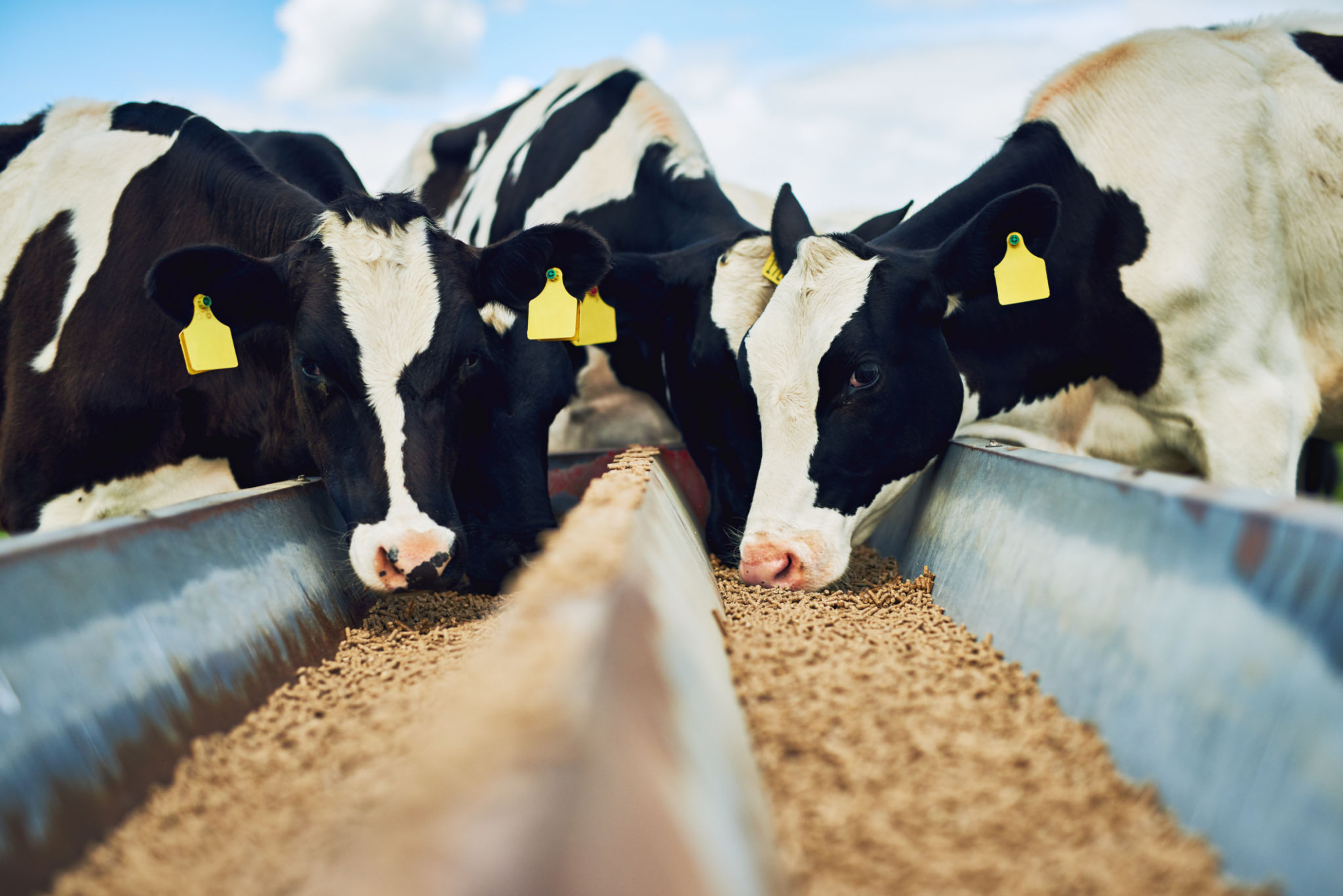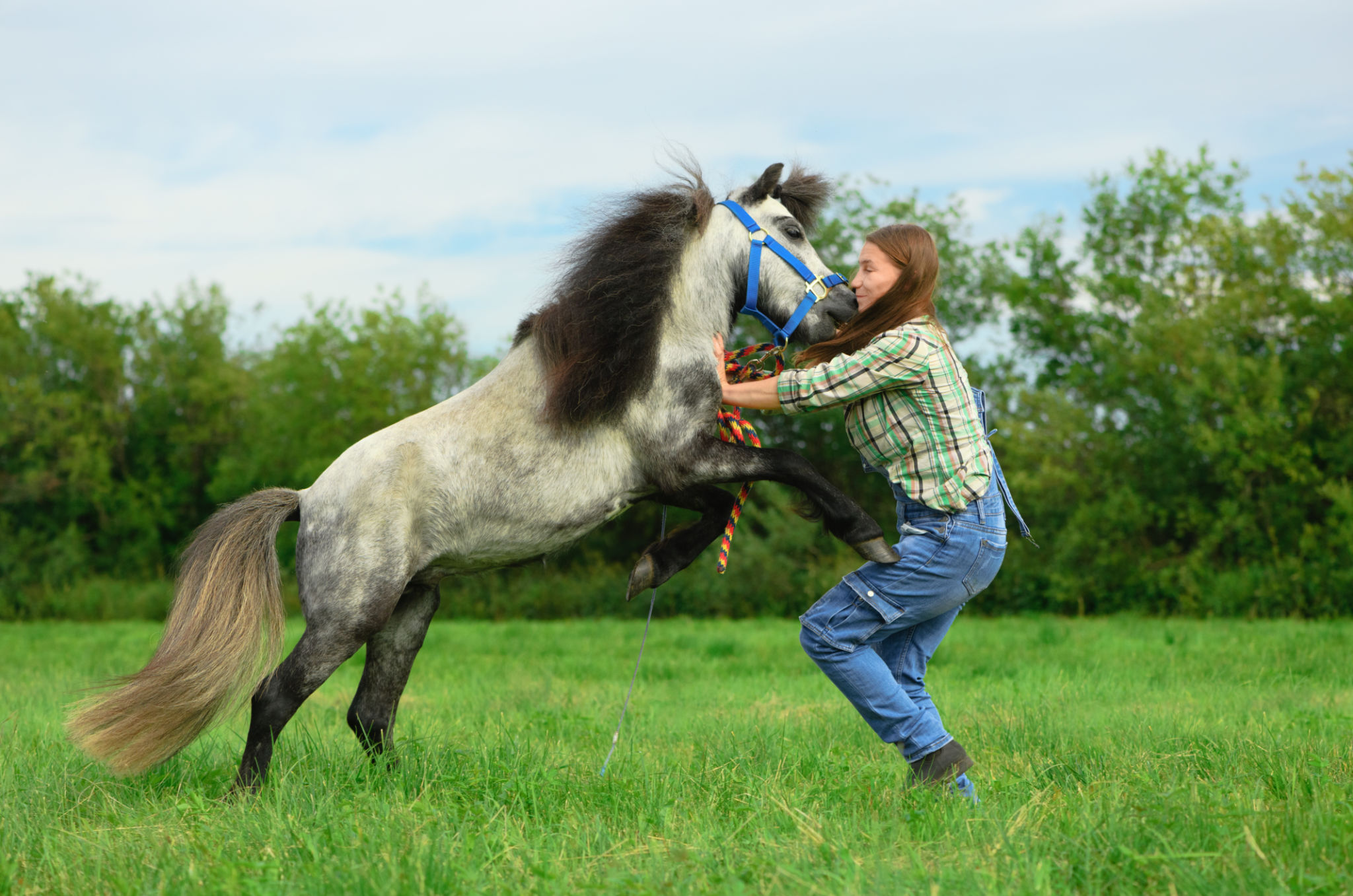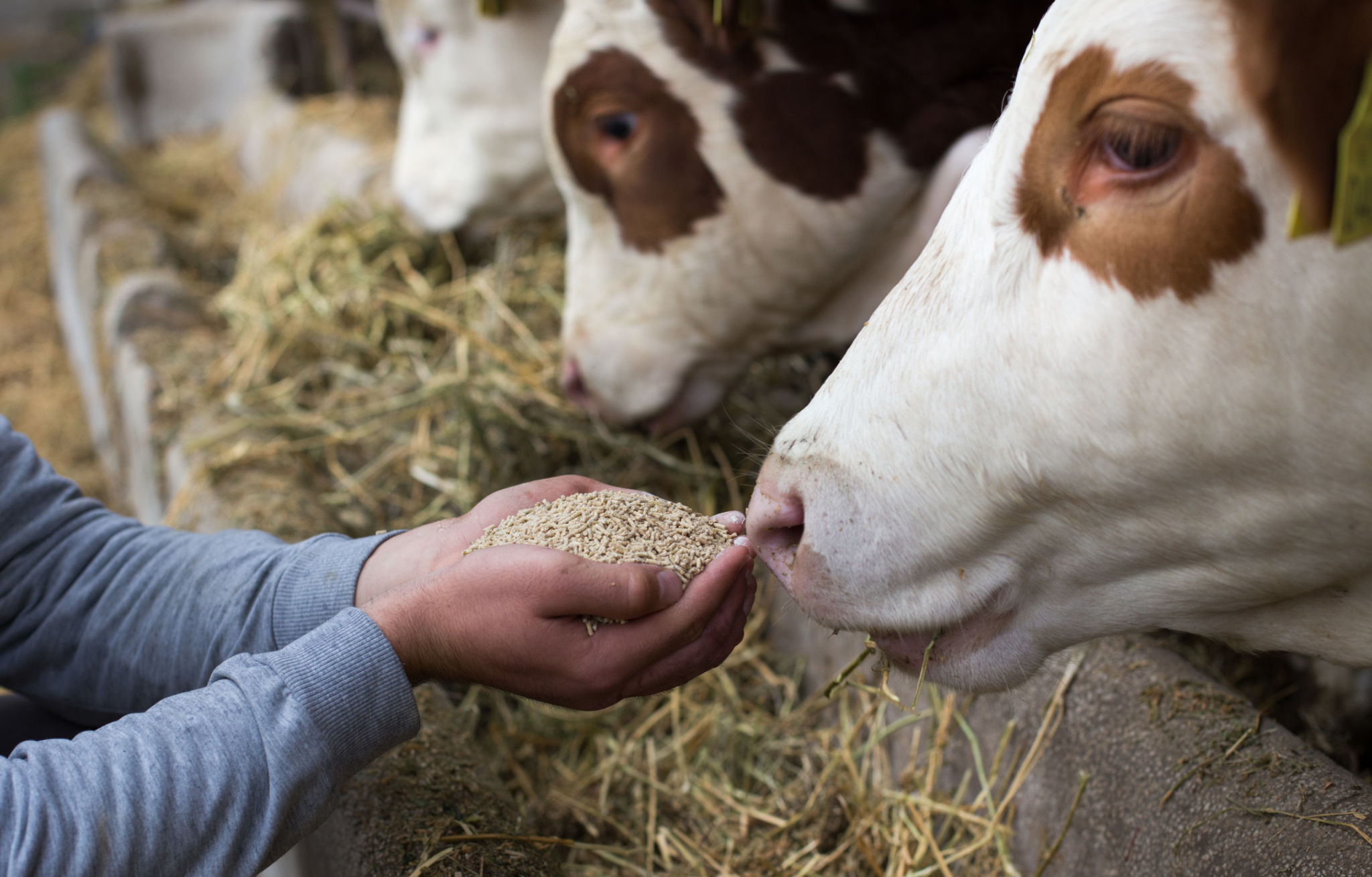Expert Guide to Texas Livestock Nutrition: Tips for Optimal Animal Health
Understanding the Basics of Livestock Nutrition
Ensuring optimal nutrition for livestock is crucial for maintaining their health, productivity, and overall well-being. In Texas, where the climate can be challenging, understanding the specific nutritional requirements of various livestock is essential. Proper nutrition affects growth rates, reproduction, milk production, and resistance to diseases. By focusing on balanced diets tailored to the needs of different animals, ranchers can maximize their herd's performance.
Livestock nutrition involves providing a balanced diet that includes energy, proteins, vitamins, minerals, and water. These components must be adjusted based on the animal's age, size, and purpose—whether it's for dairy, meat production, or breeding. Recognizing the signs of nutritional deficiencies early can prevent long-term health issues.

Essential Nutrients for Livestock
Cattle, sheep, goats, and other livestock have unique dietary requirements. Energy sources such as carbohydrates and fats are critical for maintaining body functions and supporting growth. Proteins are vital for muscle development and repair, while vitamins and minerals play a role in metabolic processes and immune function.
The primary sources of nutrients include forages like hay and pasture grasses, supplemented with grains and commercial feed. In Texas, it's important to ensure that feed is of high quality and free from contaminants. Additionally, providing a constant supply of clean water is imperative for digestion and overall health.

Special Considerations for Different Animals
Each type of livestock has specific nutritional needs. For instance, dairy cows require higher levels of calcium and phosphorus to support milk production, while beef cattle need more protein during growth phases. Similarly, sheep and goats have distinct mineral requirements to prevent conditions like copper toxicity or selenium deficiency.
It's advisable to work with a veterinarian or a livestock nutritionist to develop customized feeding plans that meet the unique needs of your herd. Regularly evaluating the condition of your livestock can help in making timely adjustments to their diet.
Managing Pasture and Feed Quality
The quality of pasture directly impacts livestock nutrition. In Texas, where weather patterns can affect forage availability, proper pasture management is crucial. Rotational grazing and reseeding pastures with nutrient-rich grasses can enhance feed quality.
Supplementing with high-quality commercial feeds during periods of low pasture availability ensures that animals receive adequate nutrition year-round. Additionally, storing feed correctly helps maintain its nutritional value and prevents spoilage.

Utilizing Supplements and Additives
Supplements can play a role in bridging nutritional gaps in livestock diets. Mineral blocks or licks provide essential trace elements that might be deficient in local forage. Probiotics and prebiotics are also gaining popularity for promoting gut health and improving feed efficiency.
When using supplements, it's important to follow manufacturer guidelines and consult with experts to avoid over-supplementation, which can lead to toxicity or other health issues.
Monitoring Animal Health and Productivity
Regular monitoring of livestock health is vital to ensure that their nutritional needs are being met. Observing changes in weight, coat condition, milk yield, and behavior can provide valuable insights into their overall health status.
Implementing a consistent health check routine helps in early detection of potential issues related to nutrition. By keeping detailed records of each animal's diet and health status, ranchers can make informed decisions about necessary dietary adjustments.

In conclusion, understanding the principles of livestock nutrition and applying them effectively is key to maintaining healthy and productive herds in Texas. By focusing on balanced diets, quality feed management, and regular health monitoring, ranchers can ensure the well-being of their animals while optimizing production outcomes.